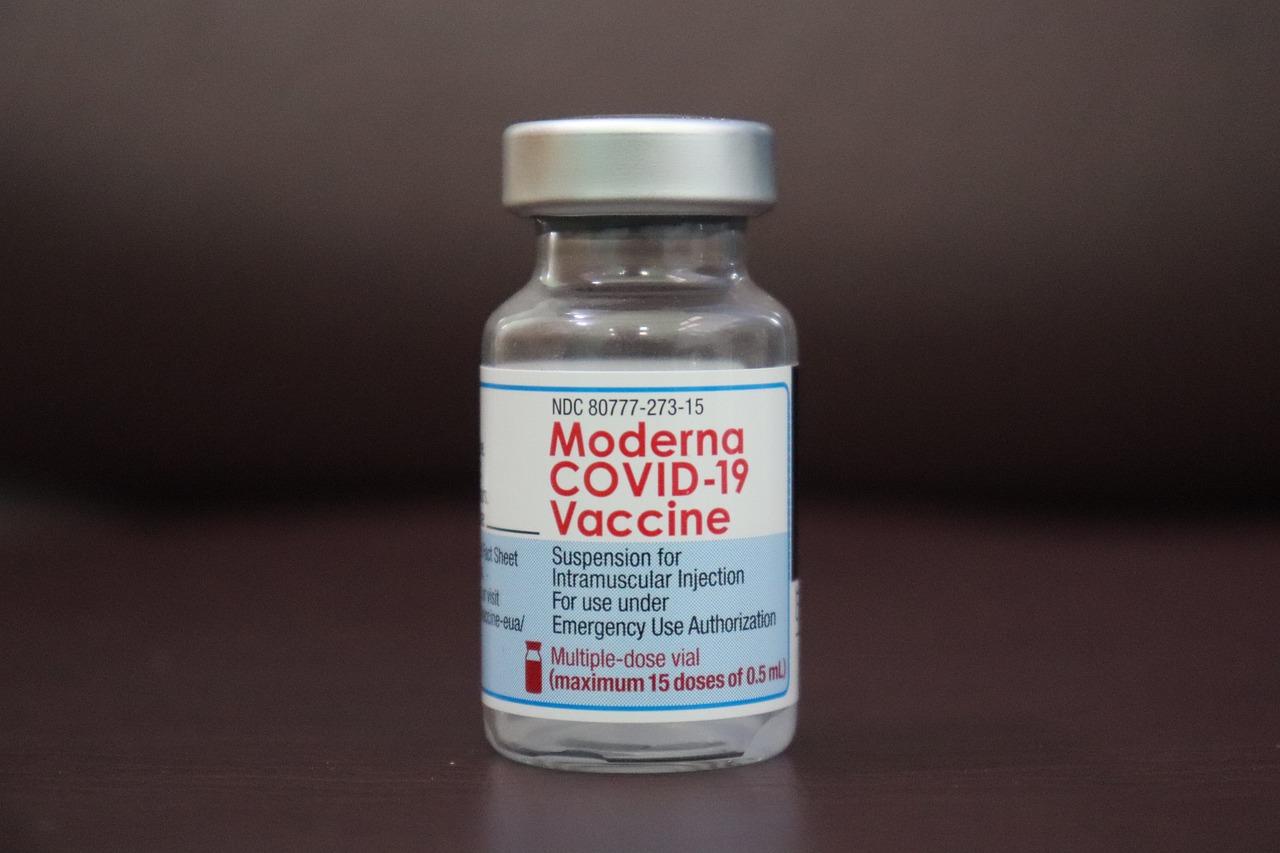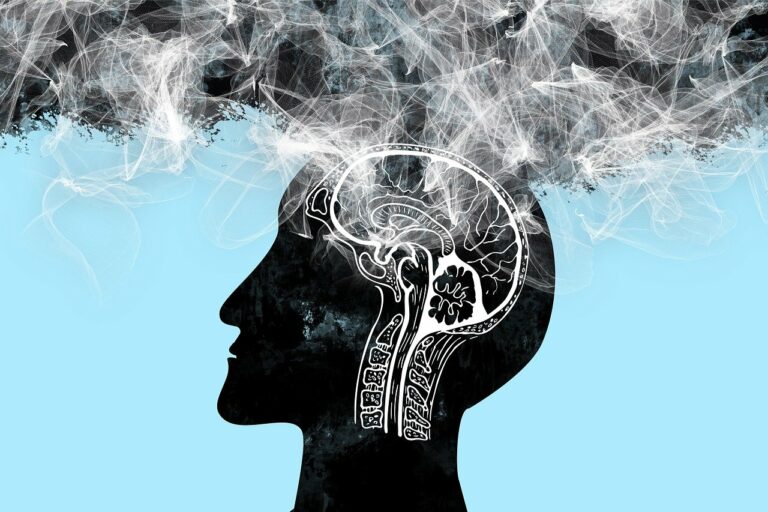The Importance of Early Diagnosis in Speech Disorders
11xplay online id, anna reddy book, golden7777.com admin:Speech disorders can have a significant impact on a person’s life, affecting their ability to communicate effectively with others. Early diagnosis of speech disorders is crucial for ensuring timely intervention and support. In this article, we will discuss the importance of early diagnosis in speech disorders and why it is essential for individuals of all ages.
The Role of Early Diagnosis
Early diagnosis of speech disorders is essential for several reasons. Firstly, it allows for timely intervention and support to be implemented, which can help individuals overcome their communication challenges. Speech therapy and other interventions can be more effective when started early, as the brain is more adaptable and conducive to learning during the early developmental stages.
Secondly, early diagnosis can prevent or minimize the negative impact of speech disorders on a person’s social, emotional, and academic development. Children with speech disorders may experience difficulties in school, social settings, and relationships if their communication challenges are not addressed early on. By identifying and addressing speech disorders early, individuals can develop effective communication skills and build confidence in their ability to interact with others.
Furthermore, early diagnosis of speech disorders can help parents and caregivers understand their child’s needs better and provide appropriate support and resources. It can also help healthcare professionals and educators develop personalized treatment plans that cater to the individual needs of each person with a speech disorder.
Common Types of Speech Disorders
There are various types of speech disorders that can affect individuals of all ages. Some common types of speech disorders include:
1. Articulation disorders: difficulty pronouncing sounds and words correctly
2. Fluency disorders: disruptions in the flow of speech, such as stuttering
3. Voice disorders: abnormalities in the pitch, volume, or quality of the voice
4. Language disorders: difficulties in understanding or using language effectively
5. Pragmatic disorders: challenges in using language appropriately in social situations
Each type of speech disorder requires a different approach to diagnosis and treatment, highlighting the importance of early identification and intervention.
Signs and Symptoms of Speech Disorders
Recognizing the signs and symptoms of speech disorders is crucial for early diagnosis and intervention. Some common signs of speech disorders include:
– Difficulty pronouncing sounds or words
– Repeating sounds, words, or phrases
– Speaking in a monotone voice
– Using limited vocabulary
– Difficulty following instructions or expressing thoughts clearly
If you notice any of these signs in yourself or a loved one, it is essential to seek a professional assessment from a speech-language pathologist or other healthcare provider.
Importance of Early Intervention
Early intervention is key to helping individuals with speech disorders reach their full potential. Research has shown that children who receive early intervention for speech disorders have better outcomes in communication skills, academic performance, and social interactions. Early intervention can help build a strong foundation for communication skills, improve self-esteem, and enhance overall quality of life.
In addition to children, adults with speech disorders can also benefit from early intervention. Speech therapy, counseling, and other interventions can help adults improve their communication skills, enhance their employment opportunities, and strengthen their relationships with others.
FAQs
Q: At what age can speech disorders be diagnosed?
A: Speech disorders can be diagnosed at any age, from infancy through adulthood. Early intervention is crucial for maximizing the benefits of treatment and support.
Q: What are the benefits of early diagnosis in speech disorders?
A: Early diagnosis of speech disorders allows for timely intervention, improved communication skills, enhanced social interactions, and better academic performance.
Q: How can I get help for a speech disorder?
A: If you suspect that you or a loved one has a speech disorder, seek a professional assessment from a speech-language pathologist or healthcare provider. They can provide a diagnosis and recommend appropriate interventions to support communication development.
Conclusion
Early diagnosis of speech disorders is essential for individuals of all ages to receive timely intervention and support. By recognizing the signs and symptoms of speech disorders early on, individuals can access the resources and services they need to improve their communication skills, build confidence, and enhance their overall quality of life. If you or a loved one is experiencing difficulties with speech, seek help from a qualified healthcare professional to start the journey towards better communication.







